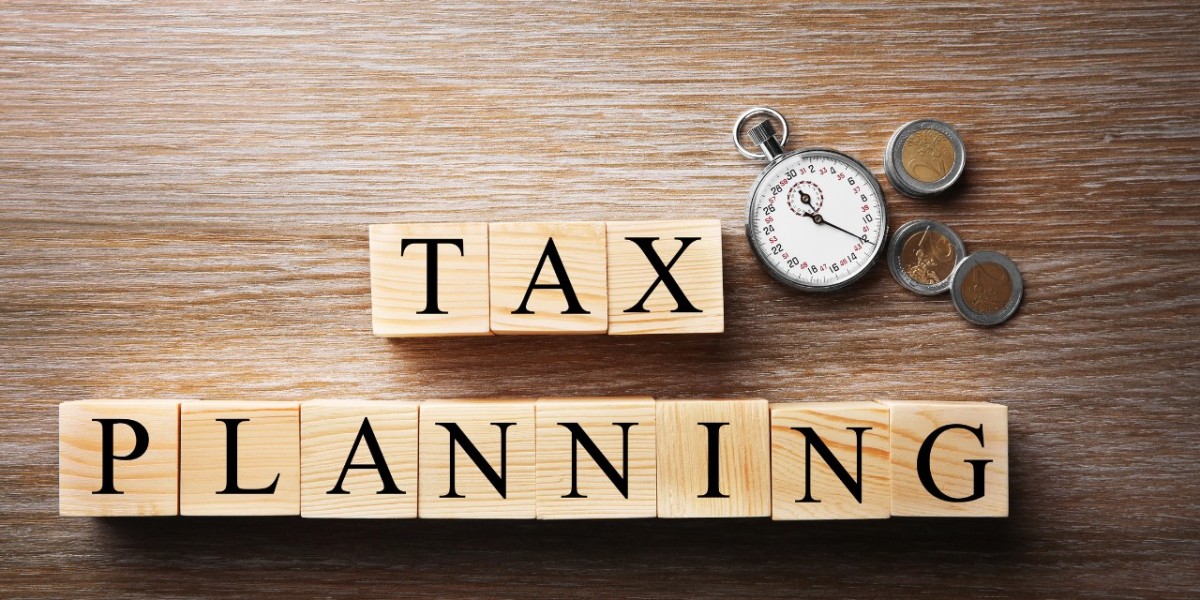Small business tax planning is an essential element of financial management for entrepreneurs and business owners. It involves a strategic approach to managing your business finances, ensuring compliance with tax laws, and maximizing your tax savings. In this article, we will delve into the world of small business tax planning, offering insights, tips, and strategies to help you keep more of your hard-earned money.
The Importance of Small Business Tax Planning
Small businesses often face a significant tax burden, and without proper planning, you might end up paying more taxes than necessary. Effective tax planning is crucial for several reasons:
Minimize Tax Liability: By understanding the tax code and employing smart strategies, you can legally minimize your tax liability, leaving you with more capital to reinvest in your business or take home as profit.
Compliance: Staying on the right side of the law is essential. Tax planning helps you comply with tax regulations and avoid costly penalties or audits.
Financial Stability: Proper tax planning can improve your business's financial stability, helping you anticipate and prepare for tax obligations.
Common Tax Deductions for Small Businesses
To reduce your taxable income and lower your overall tax liability, you should take advantage of various tax deductions. Some common deductions for small businesses include:
Business Expenses: Deduct costs related to running your business, such as rent, utilities, and office supplies.
Vehicle Expenses: If you use your vehicle for business purposes, you can deduct mileage and related expenses.
Home Office Deduction: If you work from home, you may qualify for a home office deduction.
Employee Salaries and Benefits: Deduct salaries, health insurance, and other employee benefits.
Choosing the Right Business Structure
The business structure you choose has a significant impact on your tax liability. Common business structures include sole proprietorships, partnerships, LLCs, S corporations, and C corporations. Each has its tax implications, and choosing the right one can save you money. For example, S corporations and LLCs often provide pass-through taxation, reducing the double taxation that C corporations face.
Tax Credits and Incentives
Federal, state, and local governments offer various tax credits and incentives to small businesses. Some examples include Research and Development (R&D) tax credits, Small Business Health Care Tax Credits, and Energy Efficiency Tax Credits. Identifying and applying for these can significantly lower your tax burden.
Record-Keeping and Documentation
Proper record-keeping is the cornerstone of effective tax planning. Keep detailed records of all financial transactions, receipts, and relevant documents. This will make it easier to claim deductions and credits and prepare for tax season.
Seek Professional Help
While you can handle some aspects of tax planning on your own, it's often beneficial to consult a tax professional or accountant. They can provide expert advice, ensure compliance with tax laws, and help you find additional deductions and credits you might have missed.
Conclusion
Small business tax planning is not just about minimizing your tax liability; it's also about optimizing your financial management and ensuring the long-term success of your business. By understanding the tax laws, making informed decisions about your business structure, and staying organized, you can maximize your tax savings and keep more of your earnings. Consider seeking professional business tax planning services to ensure you make the most of available opportunities. Start your tax planning today, and watch your small business thrive.








